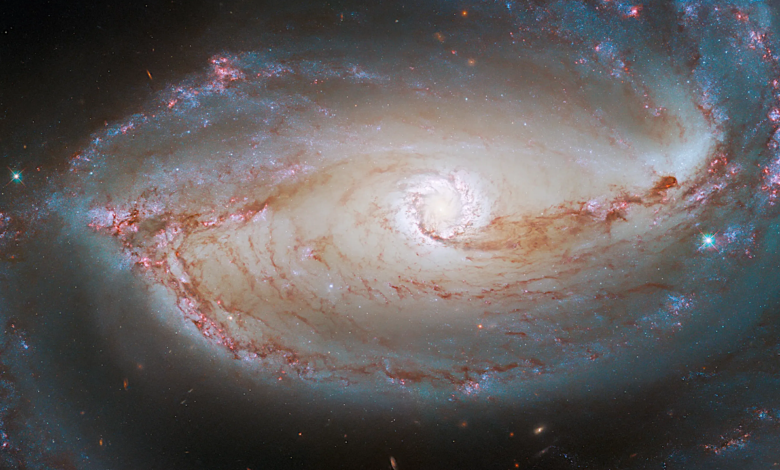Is Artificial Intelligence The Great Filter That Makes Advanced Technical Civilisations Rare In The Universe?

This study examines the hypothesis that the rapid development of Artificial Intelligence (AI), culminating in the emergence of Artificial Superintelligence (ASI), could act as a “Great Filter” that is responsible for the scarcity of advanced technological civilisations in the universe.
It is proposed that such a filter emerges before these civilisations can develop a stable, multiplanetary existence, suggesting the typical longevity (L) of a technical civilization is less than 200 years. Such estimates for L, when applied to optimistic versions of the Drake equation, are consistent with the null results obtained by recent SETI surveys, and other efforts to detect various technosignatures across the electromagnetic spectrum.
Through the lens of SETI, we reflect on humanity’s current technological trajectory – the modest projections for L suggested here, underscore the critical need to quickly establish regulatory frameworks for AI development on Earth and the advancement of a multiplanetary society to mitigate against such existential threats.
The persistence of intelligent and conscious life in the universe could hinge on the timely and effective implementation of such international regulatory measures and technological endeavours.
Is artificial intelligence the great filter that makes advanced technical civilisations rare in the universe?, Acta Astronautica (open access)
Astrobiology




